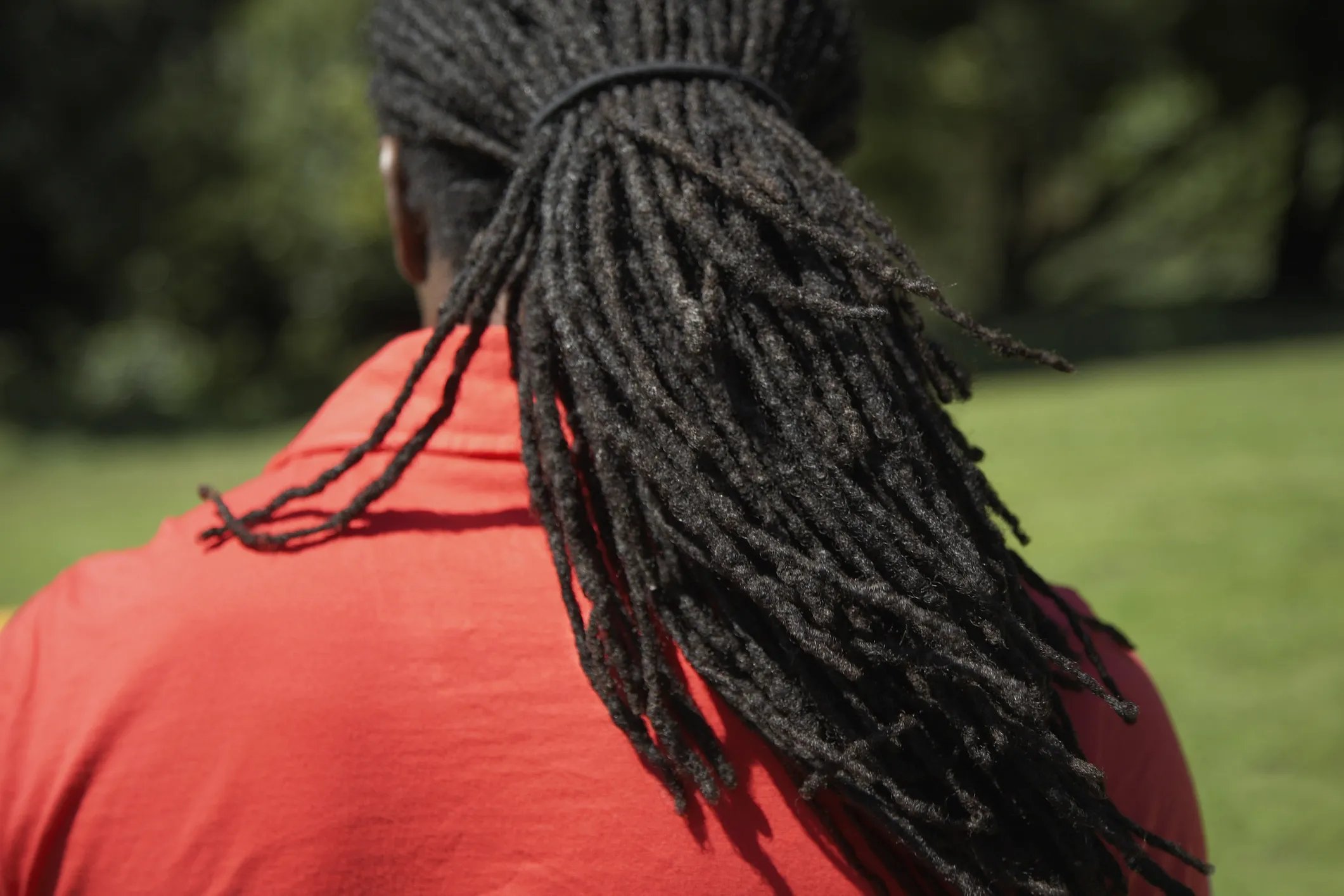A man who accuses prison officials of violating his Rastafarian religious beliefs by cutting his dreadlocks will now have his case heard by the Supreme Court.
The religious freedom case has gotten the support of the Trump administration, even as Louisiana argues against the man’s right to sue.
On Monday, the Supreme Court confirmed it would hear the case of Damon Landor, who had grown his dreadlocks for nearly 20 years before they were cut against his will by Louisiana officers while he was incarcerated at the Raymond Laborde Correction Center in 2020.
Louisiana admits fault but tries to avoid paying monetary damages
The state has already conceded that Landor was mistreated, with Louisiana Attorney General Elizabeth Murrill stating in a court filing that prison policies have been changed to prevent something similar from happening again. But the state has argued that Landor is not eligible for monetary damages for his mistreatment, an opinion that lower courts have upheld. Now, however, that decision will be reexamined by the Supreme Court during its next term, which lasts from October until June.
Guards threw the court ruling in the trash before shaving Landor’s head
Landor was serving the final part of a five-month prison sentence when his hair was cut against his will. While in prison, Landor carried with him a copy of a court ruling obtained by a different inmate that established that cutting a prisoner’s dreads against their religious beliefs was banned by the Religious Land Use and Institutionalized Persons Act. Two other facilities respected Landor’s beliefs before a guard at a third facility threw the copy of the ruling Landor had in the trash, according to his complaint. Under the warden’s orders, Landor says two guards held him down while a third shaved his head.
Religious freedom issue supported by the Trump administration
Landor’s case is a test of religious freedom laws in the United States. In addition to the Religious Land Use and Institutionalized Persons Act, Landor’s lawyers point to the Religious Freedom Restoration Act of 1993. That law was the basis for a ruling in favor of a group of Muslim men who claimed they were maliciously added to the FBI’s no-fly list because they would not become government informants. Landor’s team says this ruling supports their case as well. The Trump administration also supports Landor’s lawsuit; Trump has claimed to be a champion of religious freedom laws, usually in order to combat what he claims to be “anti-Christian bias.”
The Trump administration supporting a Rastafarian man’s religious freedom in a lawsuit against a heavily conservative state makes for an unusual case. But for Damon Landor, the administration’s backing and the Supreme Court’s decision mean he has one more chance to receive the justice he has sought for years.
